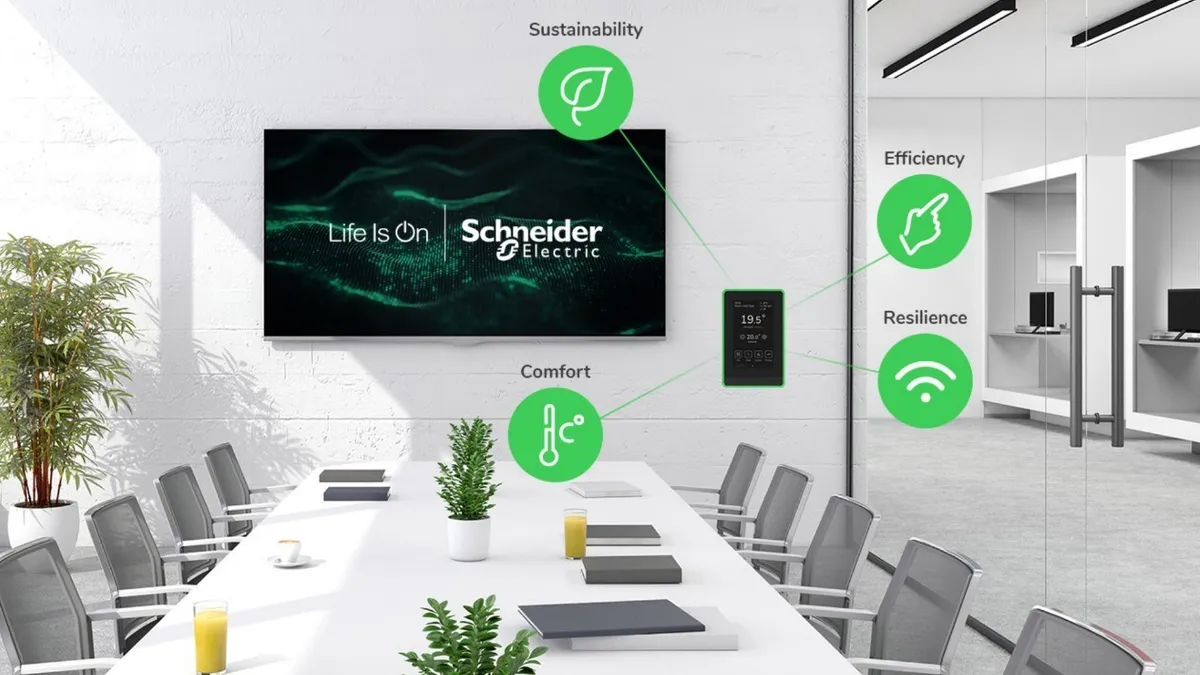The following is a guest post from Tom Spillane, vice president of technical excellence at Vivreau. Opinions are the author’s own.
In recent years, the hotel industry has increasingly prioritized sustainability, driven by heightened awareness of environmental issues among hoteliers as well as shifts in consumer behavior.
According to Booking.com’s latest Sustainable Travel Report, 67% of travelers now prefer accommodations with consistent sustainability certifications or labels. Further studies affirm this finding, noting that sustainable practices have been shown to positively influence guests' willingness to pay more and their intention to revisit a given hotel.
This growing demand underscores the urgent need for hotels to enhance their sustainability efforts, not only to meet the expectations of eco-conscious guests, but also to reduce their environmental footprint.
One way to do this is through water management, which has become a significant concern in recent years, especially in water-scarce destinations. Cities including Cape Town, South Africa; São Paulo, Brazil; and Chennai, India, have needed to ration water to protect their scarce resources, and hotels are notable contributors to this issue, according to the World Sustainability Hospitality Alliance. The average hotel in these regions has been found to consume more water daily than the local population.
To become advocates for the environment rather than contributors to its degradation, the hospitality industry must evolve in this area — and beyond — to preserve resources.
Reducing plastic waste in hotels
The hotels leading sustainability efforts are focusing on three key pillars: promoting reusable amenities, saying no to disposable items and educating guests and staff.
Hotels can significantly reduce plastic waste by encouraging guests to use refillable dispensers for shampoo, conditioner and body wash. These dispensers not only cut down on the number of small plastic bottles that end up in landfills, but also simplify inventory management for hotel staff. Additionally, providing reusable water bottles in guest rooms and installing refill stations throughout the hotel can effectively eliminate the need for single-use plastic water bottles. This approach not only reduces waste, but also offers convenience to guests who can easily refill their bottles during their stay, promoting a culture of reuse.
Substituting plastic straws with paper or reusable alternatives, and choosing wooden or metal cutlery instead of plastic, can also have a significant impact. These alternatives provide a durable and eco-friendly option that can be reused multiple times. By making these changes, hotels can significantly reduce the volume of single-use plastics that contribute to environmental pollution.
Additionally, opting for compostable containers for takeaway meals rather than plastic ones is an effective strategy for reducing plastic waste. Compostable containers break down naturally and do not release harmful chemicals into the environment. This switch not only aligns with environmental goals but also resonates with guests who are increasingly conscious of their ecological footprint.
Strategically placed informative signs throughout the hotel can foster a sense of responsibility and awareness about the impact of plastic waste. From bathrooms to common areas and even elevators, these spaces remind guests to engage in sustainability efforts by using refillable amenities and reusable bottles.
Additionally, training staff to minimize plastic use during daily operations is crucial for a successful sustainability program. Staff should be well-versed in the hotel's eco-friendly practices and able to assist guests in adhering to these standards. Regular training sessions and workshops can keep staff informed about the latest sustainability trends and practices, ensuring that the hotel's commitment to reducing plastic waste is upheld consistently.
By engaging both guests and staff in these efforts, hotels can create a cohesive and effective strategy for reducing their environmental impact.
The impact of sustainable practices
Adopting sustainable practices benefits both the environment and a hotel's reputation and profitability. Guests are increasingly seeking out businesses that align with their values, and hotels that prioritize sustainability can capture this growing market segment. Moreover, sustainable operations often lead to cost savings in water, energy and waste management, creating a win-win scenario for both the environment and the bottom line.
For example, the Auberge Saint-Antoine hotel in Québec City, Canada, implemented a high-volume bottler to provide filtered, chilled still and sparkling water on-site. This initiative resulted in annual savings of 60,000 single-use plastic bottles and over 60 truck deliveries.
The hotel also adhered to elevated sustainability standards, benefiting their guests while enjoying operational savings from reduced prepackaged bottle storage and increased revenue from higher margins on water sales.
Looking to the future
The hotel industry stands at a pivotal moment where it can significantly contribute to global sustainability efforts.
By embracing water conservation, energy efficiency, waste reduction and guest engagement, hotels can lead the charge toward a more sustainable future. As consumer preferences continue to evolve, those in the hospitality sector that adapt to meet these expectations will ensure their operations not only survive but thrive in an eco-conscious world.
Continued innovation and commitment to sustainable practices will be key in shaping a more resilient and environmentally friendly hospitality industry.

















